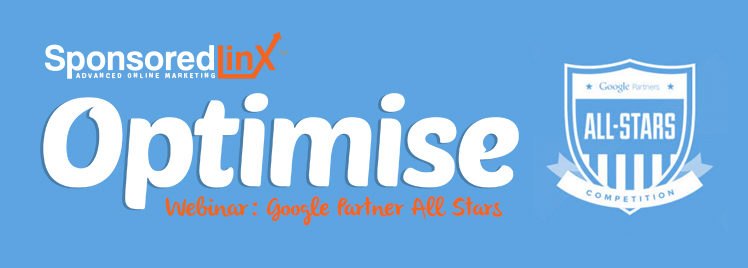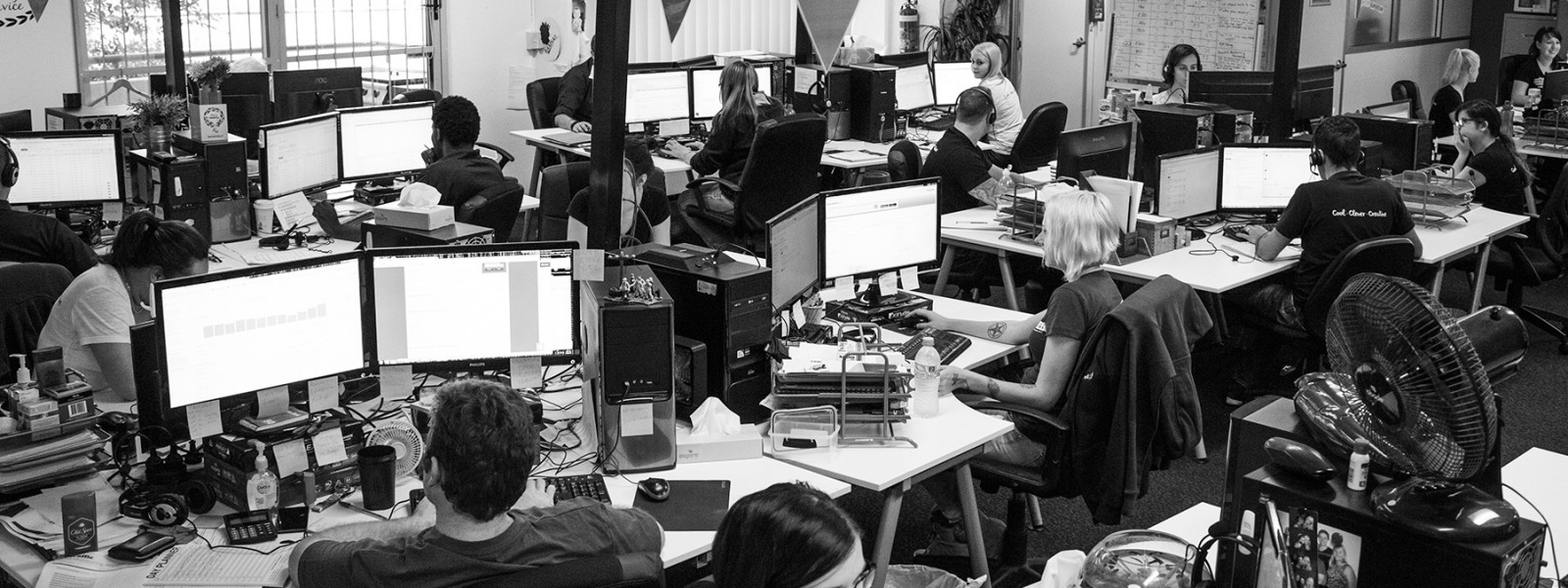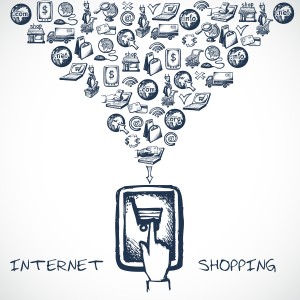-
Traffic
Get More Traffic
SponsoredLinX offers a number of different services to help drive more qualified traffic to your website. Google Ads Management Search Engine Optimisation Social Engage Marketing App Marketing Facebook Advertising Google Ads Mobile“SponsoredLinX are a rarity in today’s market place, they promise a lot but deliver more. Our business has grown by over 400% in one month; we are amazed at the difference they have made.”
-
Conversion
Convert More Leads
Our second step is making sure that your website is able to convert the traffic you receive into leads for your business. Optimising your website to convert more leads is important to a profitable campaign. Web Development Convertopages“I just want to say thank you! The changes that you have applied in our AdWords campaign have definitely seen an improvement on click quality and sales for HippityHop.”
-
Retention
Retain Your Customers
As you build up a customer base you need to make sure to keep engaged and retain your relationship. Facebook Management LinX App“SponsoredLinX fully redesigned our main company website with a fresh, clean and professional look. The ‘Google friendly’ web design were part of the fantastic ongoing service we received.”

Understanding Google’s Knowledge Graph
Google’s index, which is similar to that of a library, would take four millennia to watch. Let that sink in for a moment. Sure, it means Google can use the data to provide users with the right results when someone enters a search term, but it also goes a long way to predicting what type of information people want. Google’s mission statement refers to storing the world’s information and providing relevant information to people when they want it, but SponsoredLinX Founder and CEO, Ben Bradshaw, thinks it has gone beyond this. Contextual Search is where Google’s future is, and its potential is staggering.
There are three billion searches every day, and with the amount of data Google indexes, they’re continuously adding to what is called their Knowledge Graph. Basically, it looks to connect information about people, places and things and how it is all connected. It’s how, for example. Google Instinct was born from Google’s Knowledge Graph. We know Google has purchased some quantum computers and we know the amount of data Google has. What’s going to happen in the very near future is that Google is going to know exactly what you want, when you want it, where you are, how you want to search for it, all before you do. This is what Google’s Knowledge Graph is all about, and it is how Contextual Search will take place.
There are some exciting innovations around the corner for Google Maps too. It is going to change big-time! Google have bought Waze, which is a collaborative GPS app. It allows users to update areas in real-time, such as ‘Don’t travel via Smith Rd as there is a traffic jam’, or, ‘Speed camera on Boxton St’, for example. Google have given Waze premises at Googleplex, and have given them funding, which means we’ll start to see Google Maps with Display Advertising in a way we have never seen before.
Imagine this; you could be driving down the main street of your city or suburb when all of a sudden an ad will come up on Google Maps (for which you’re using for GPS) to notify you of an ad for a business you are about to drive past. It could be for something like a coffee and muffin deal, or something larger scale, like that new wireless speaker system you were browsing on your tablet the night before. This new technology will enable businesses to reach users in what Google likes to call Micro-Moments. These moments often take a user on a whim, but it comes down to businesses predicting the various scenarios users find themselves in which will in turn make them think of searching for a product or service a particular business offers. Whoever can capture users in these Micro-Moments is where there are conversions to be made.
Again, it comes back to Google’s Knowledge Graph. It is interested in what you are doing and what you want, so if you searched for a specific item the night before (that wireless speaker system) Google will then notify you when you are approaching somewhere which sells that item. When you start thinking about the amalgamation of all these new technologies converging, the realm of possibility for businesses to leverage these Micro-Moments takes online marketing to a whole new level.
While some of these changes may feel like they are too far away to affect you, think again. Google truly is a global company, and during Ben’s time at this year’s Google All-Stars conference, he was really hit with the realisation that the only limits we see are the ones we enforce on ourselves, and the way we run a business is no different. The conference provides a chance for Google Partners around the world to gain an inside glimpse of what is currently going on at Google. The conference is unique because at the end of the day as a Google Partner, SponsoredLinX is responsible for rolling out Google’s suite of products and services; we are the middle man between Google and small to medium sized business owners like you.
Australian business owners are not going to be the only ones who have to adapt. Here at SponsoredLinX we are going to as well as we ensure we continue to be the top choice for business owners to look after their online marketing. Google is the world leader and powerhouse when it comes to digital and online innovations and being a Google Partner not only gives our clients peace of mind, but it also means we are at the forefront of the latest resources and information available. If you’re keen to learn more about the insights Ben picked up from the recent Google All-Stars conference, then join Ben for our October Optimise Webinar on Wednesday 28th October. Simply visit the SponsoredLinX website to register, or call us in 1300 859 600. We can’t wait for you to join us.



